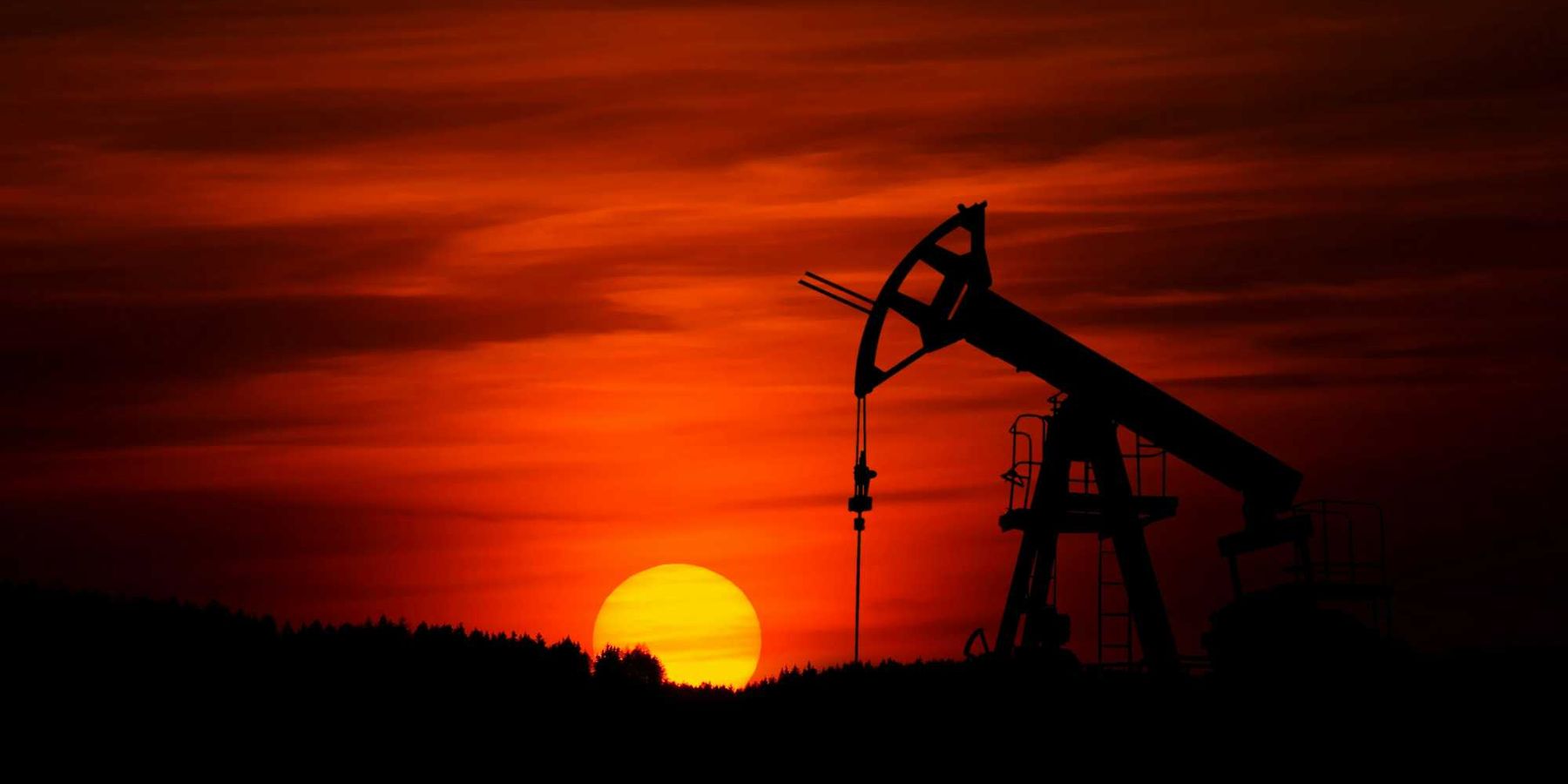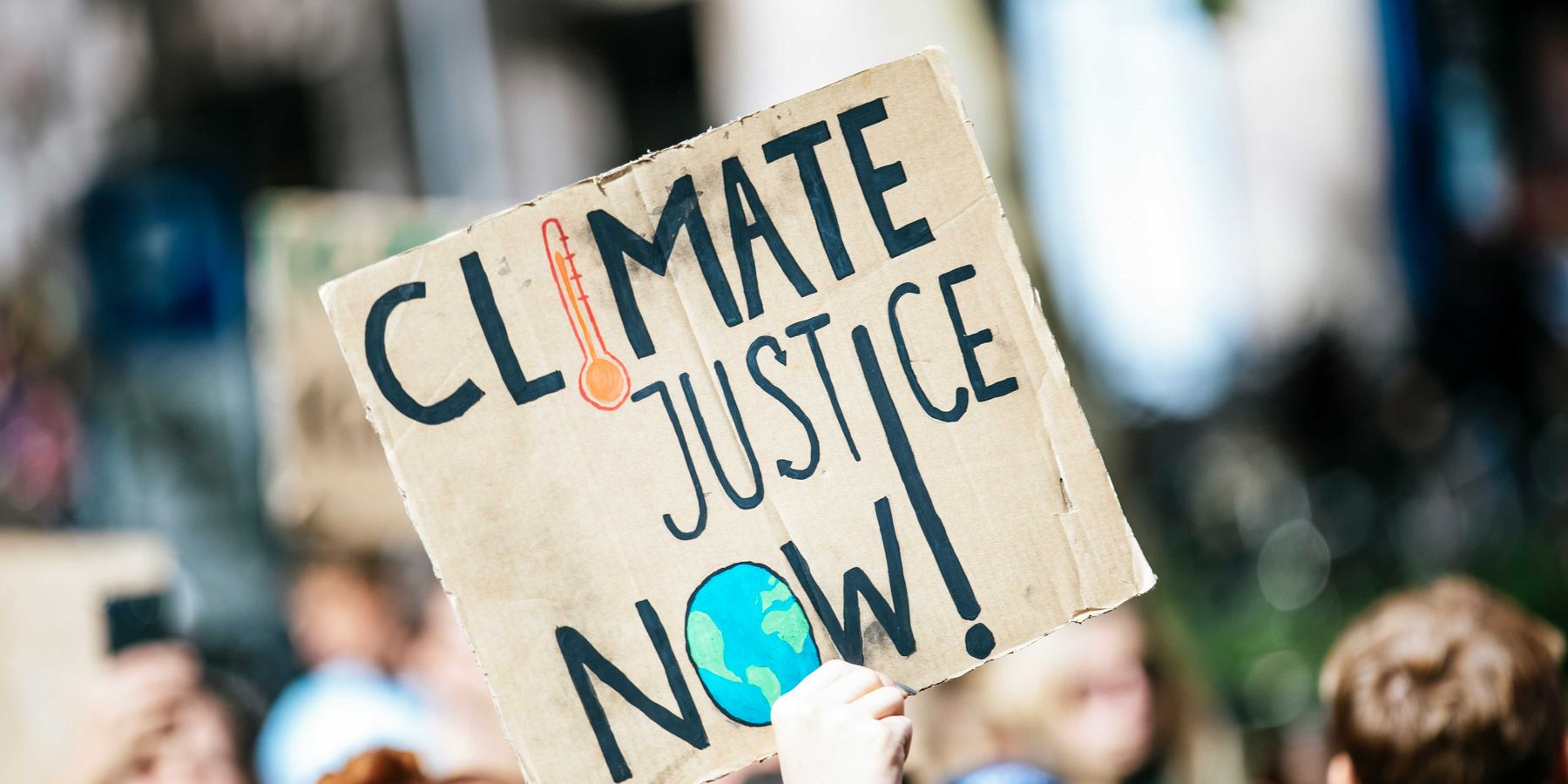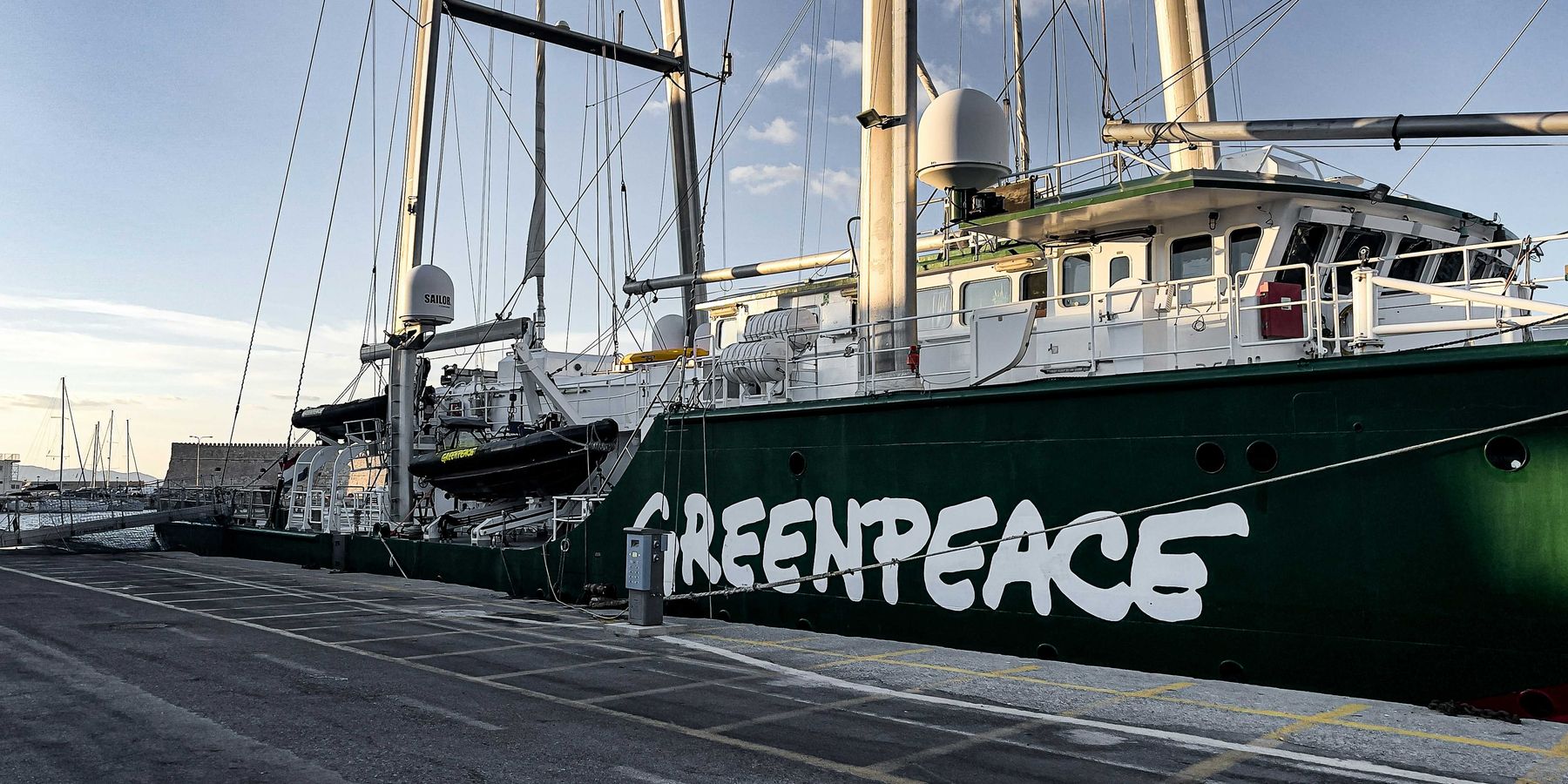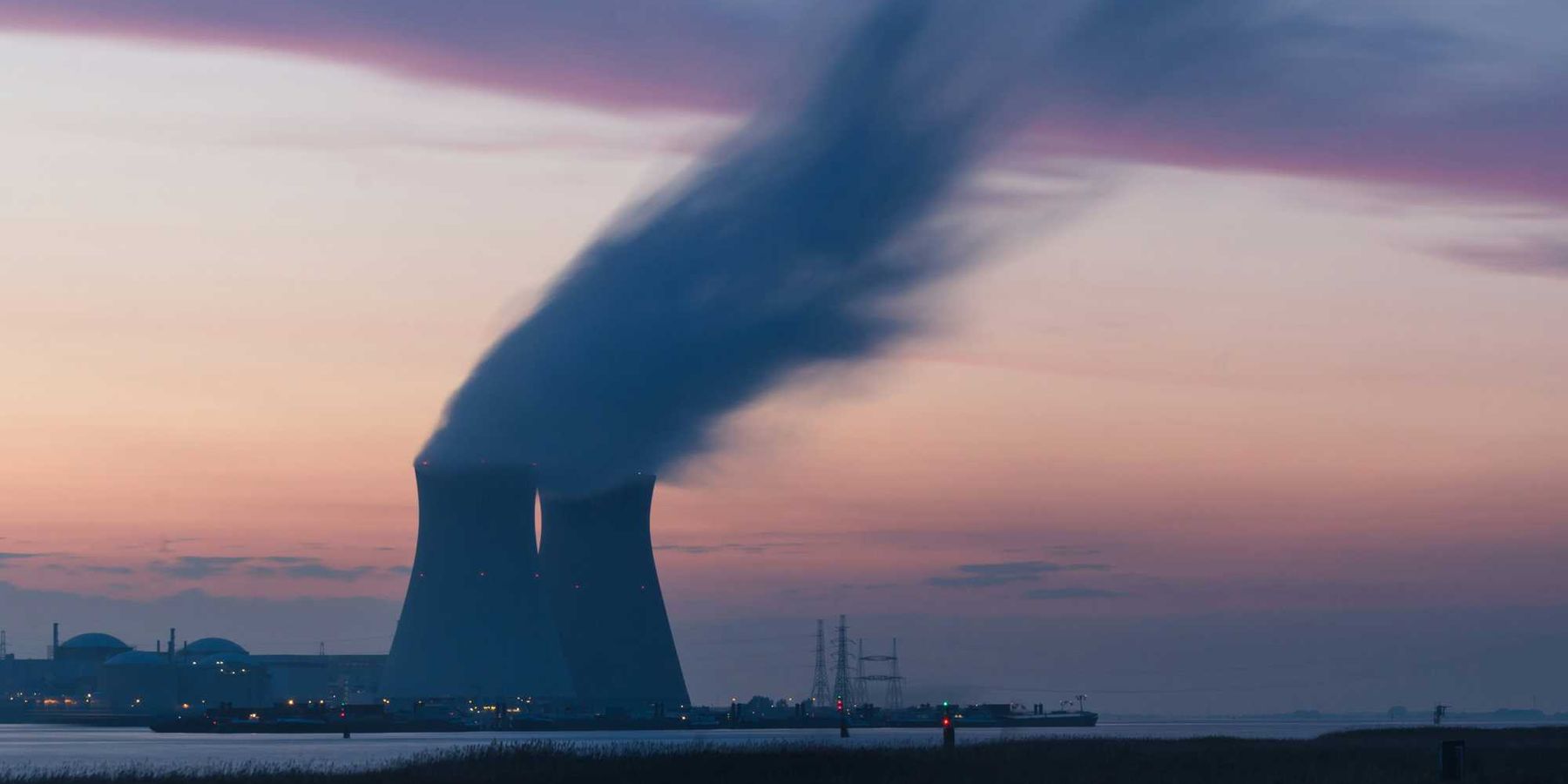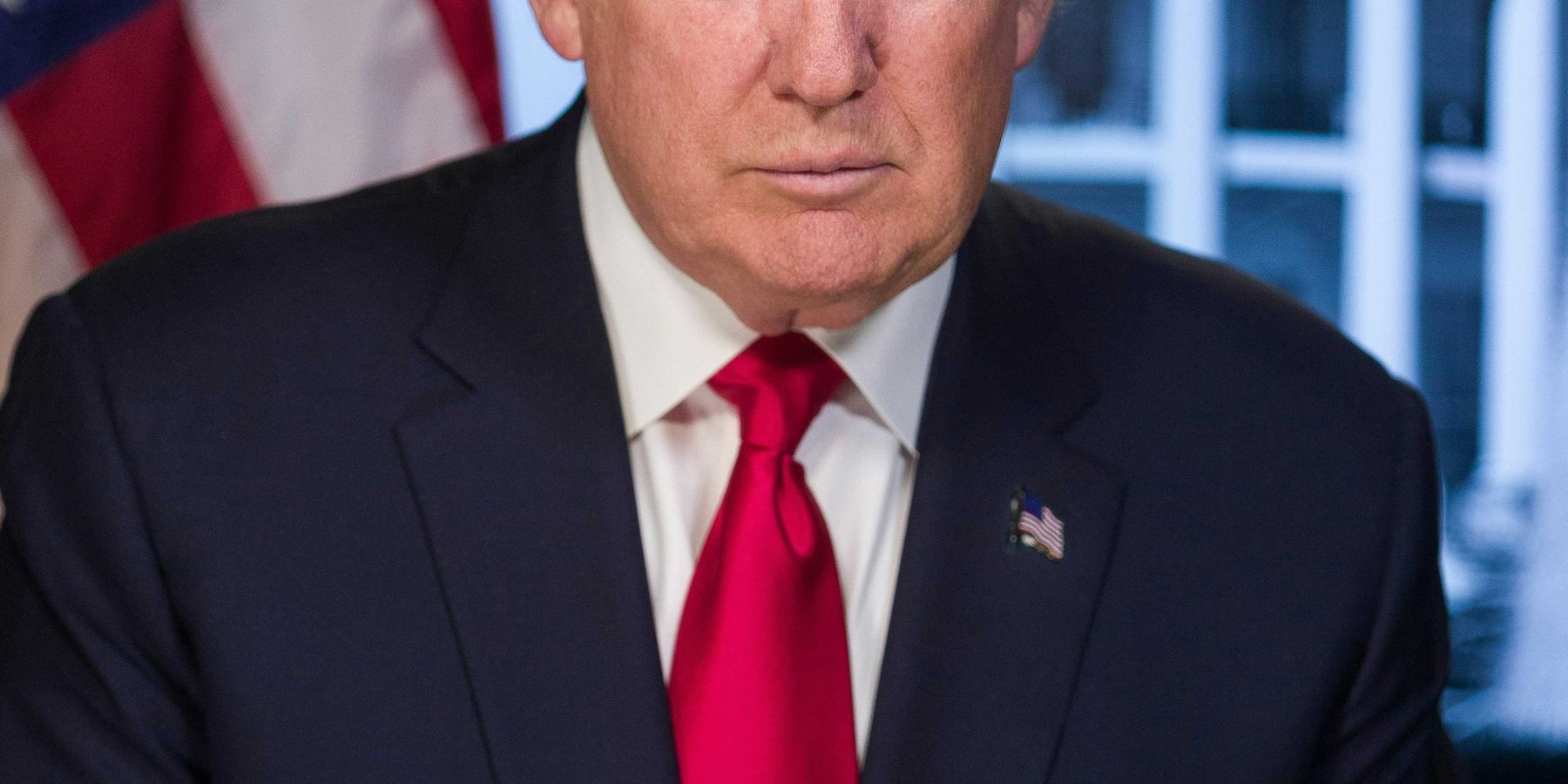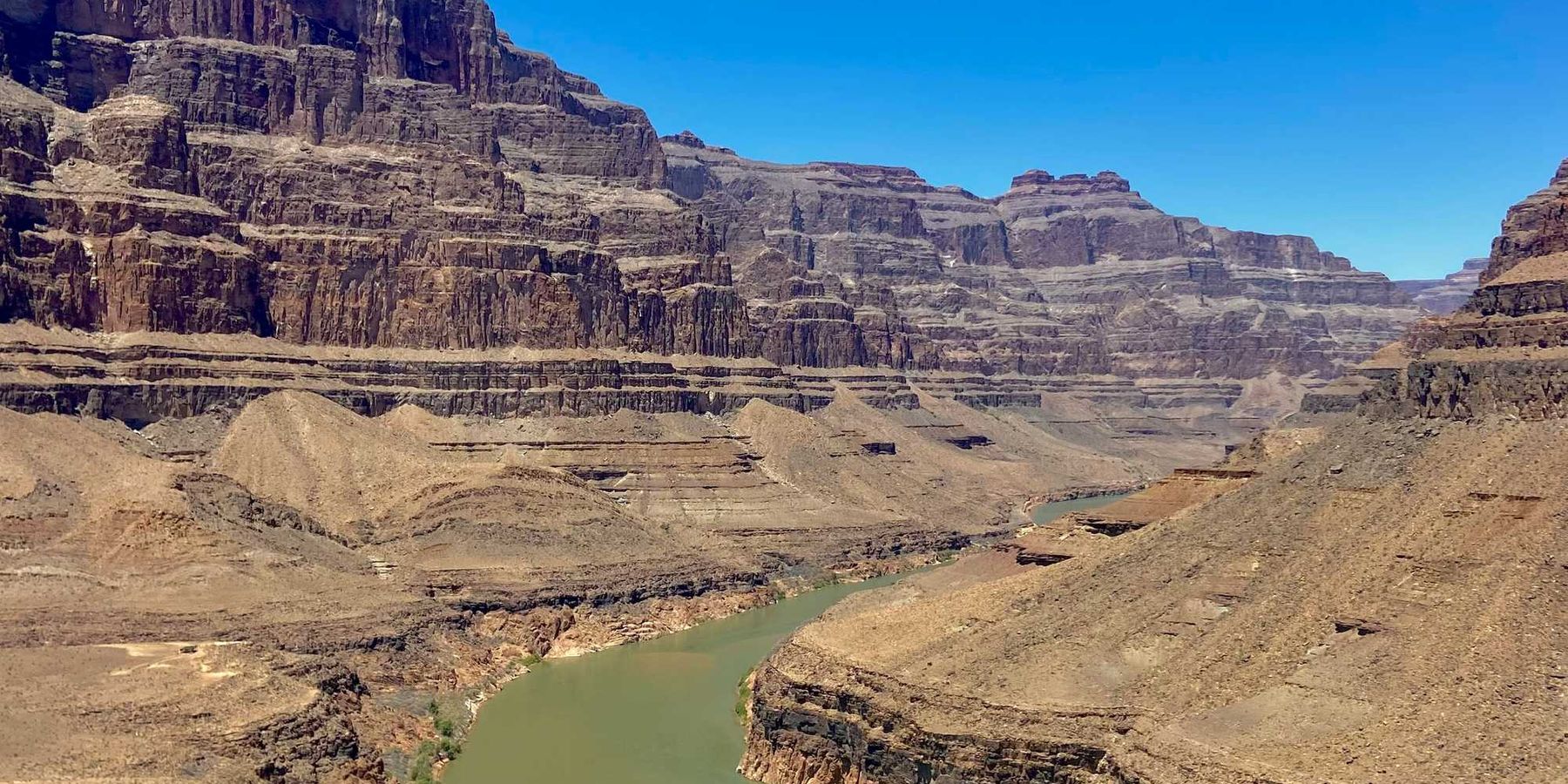UN highlights attacks on Indigenous land defenders
Global Indigenous communities face escalating criminalization and rights violations, spotlighted in a recent UN report.
In short:
- In 2022, about 70,000 Maasai were forcibly removed from their lands in Tanzania, highlighting a broader issue of Indigenous rights violations.
- The UN report details systematic criminalization of Indigenous peoples, often linked to conservation and mining interests.
- Key recommendations include revising laws and strengthening protections for Indigenous human rights defenders.
Key quote:
"It’s a very serious concern because the Indigenous people who have been resisting the taking over of their lands and territories, they are the ones who most commonly face these charges and criminalization."
— Victoria Tauli-Corpuz, former UN Special Rapporteur on the Rights of Indigenous Peoples
Why this matters:
Indigenous communities often inhabit regions rich in biodiversity and natural resources, making them front-line defenders against environmental exploitation. Their traditional knowledge and sustainable practices are crucial in preserving these areas. However, as economic pressures mount to exploit these lands for logging, mining and agriculture, Indigenous peoples frequently find themselves in conflict with powerful interests, including corporations and sometimes their own governments.
Attacks against environmental defenders take many forms, and the U.S. is not immune when it comes to persecuting those who take a stand. From MLK to climate scientists, Americans have a tragically strong track record of punishing those who speak out.

